Introduction
The idea of animals preying on humans or the existence of cannibal tribes often stirs fear and fascination in equal measure. While the media often exaggerates these topics, it is crucial to separate myths from reality. In this article, we will explore animals known to attack or eat humans, discuss the history and myths of cannibal tribes, and consider whether these tribes still exist today.
Though humans sit at the top of the food chain, there are certain animals that occasionally attack, kill, or consume humans. These events are rare, but they are well-documented. Let’s look at some of the most notorious predators:
Tigers and lions are known to have attacked humans, especially when they are old, injured, or have limited access to their usual prey. In parts of India and Africa, attacks are not unheard of, and some tigers (like the famous "Man-Eaters of Kumaon") have developed a reputation for targeting humans. These incidents typically occur when human settlements overlap with wildlife habitats, leading to human-wildlife conflict.
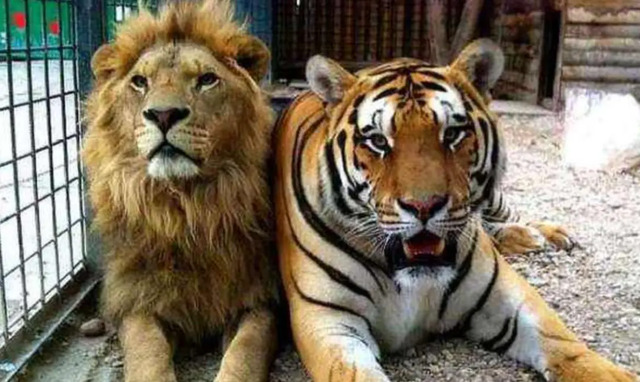
Crocodiles are responsible for more human fatalities annually than sharks. In regions like sub-Saharan Africa and parts of Southeast Asia, large crocodiles, particularly the Nile and saltwater species, are known to ambush humans near rivers and water bodies. The stealthy nature of these reptiles makes them incredibly dangerous to unsuspecting victims.
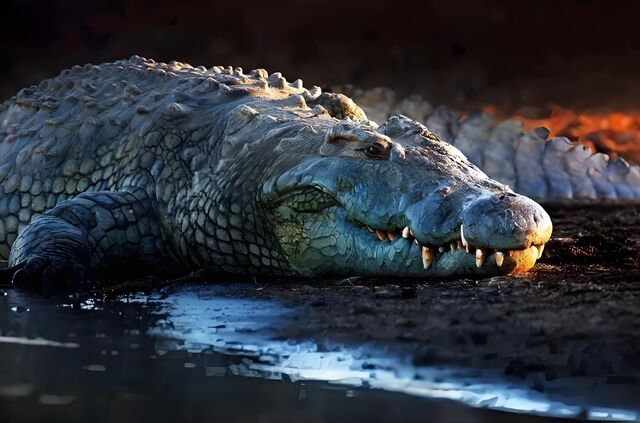
While sharks are often depicted as mindless human predators in movies, they rarely attack humans. However, certain species, such as the great white, tiger, and bull sharks, have been involved in fatal attacks. These incidents usually occur due to mistaken identity, with the shark confusing a swimmer or surfer for its usual prey like seals or fish.
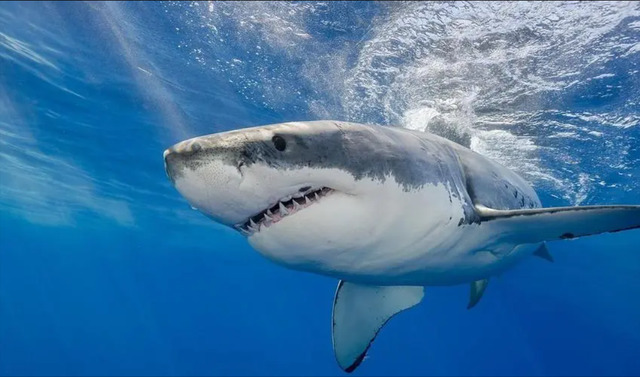
Bears, particularly grizzly and polar bears, have been known to attack and occasionally eat humans. Such events are rare and typically occur when bears feel threatened, their food supply is low, or when humans venture too close to their territory.
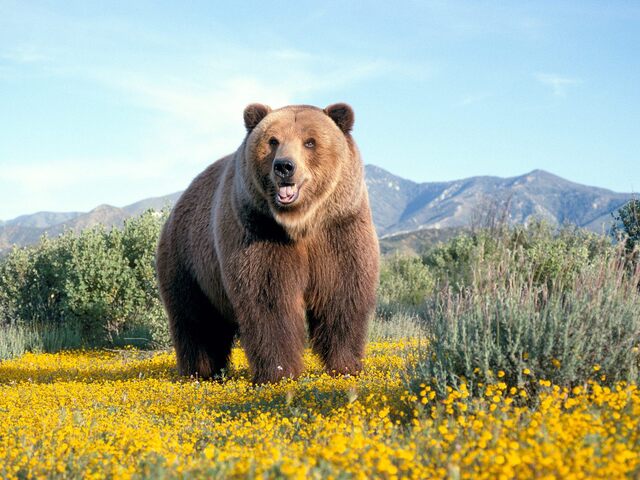
Wolves rarely attack humans, but there have been cases in history, particularly during times of food scarcity. In parts of Siberia and northern Europe, hungry wolf packs have targeted humans, particularly in the depths of winter. However, modern wolf attacks are exceptionally rare.
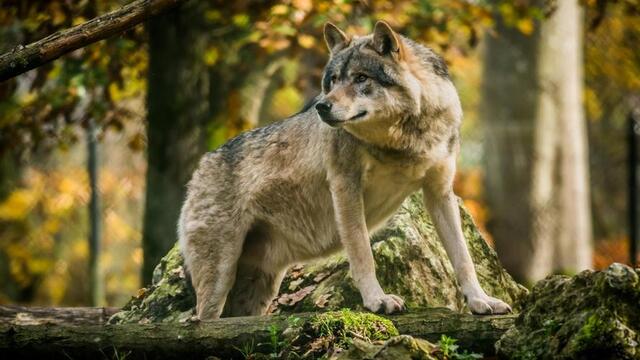
Cannibalism is one of the most disturbing practices associated with ancient tribal rituals, and stories of cannibal tribes have long intrigued and horrified people. While cannibalism did exist in certain cultures, the extent of the practice has often been exaggerated or misunderstood. Here are some key tribes historically associated with cannibalism:
The Korowai tribe, living in the remote jungles of Papua, Indonesia, is one of the few tribes where reports of cannibalism have surfaced in recent decades. It was believed that the Korowai practiced cannibalism as a form of revenge against witches and evil spirits. However, researchers now believe that these accounts are largely exaggerated or based on misunderstandings of their culture.
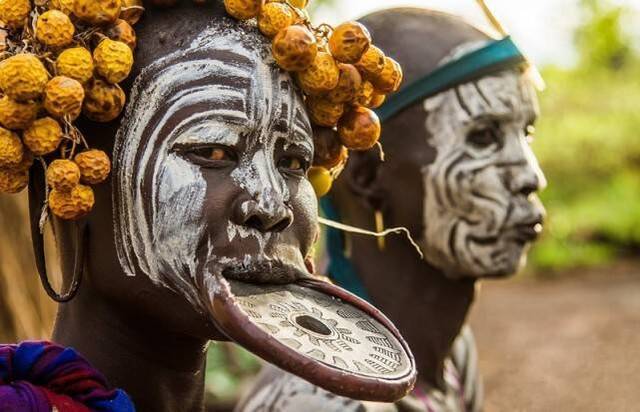
The Carib people, after whom the Caribbean is named, were once feared for their alleged cannibalistic practices. Early European explorers claimed that the Caribs ate their enemies as part of post-battle rituals. However, many modern historians question the accuracy of these claims, suggesting that European settlers may have inflated these stories to justify their colonization efforts.
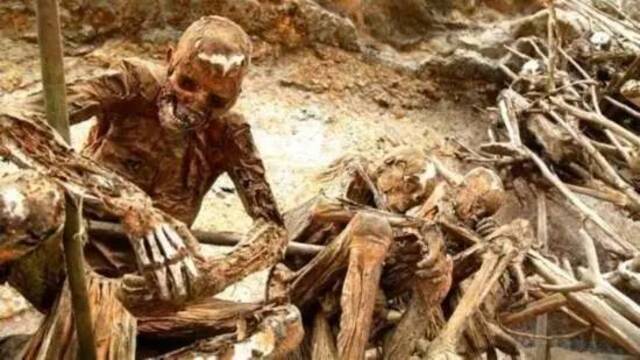
The Aztecs practiced ritual human sacrifice, often consuming the flesh of their victims as part of religious ceremonies. Cannibalism was seen as a sacred act to appease their gods, particularly during large-scale rituals. While this practice was limited to specific occasions, it remains one of the most well-known historical examples of ritualistic cannibalism.
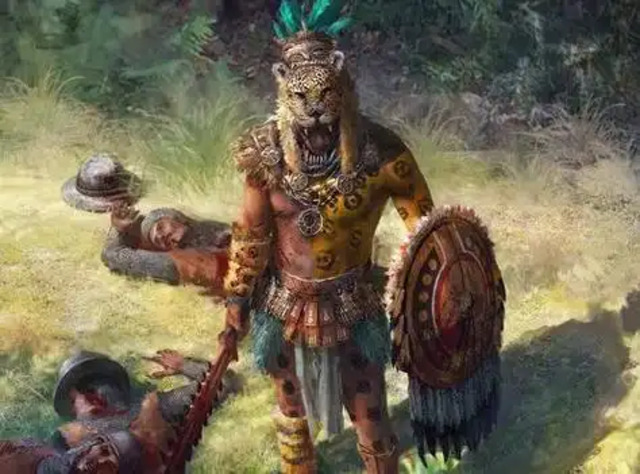
In the 20th century, the Fore tribe in Papua New Guinea practiced endocannibalism, consuming the flesh of deceased relatives as part of their funeral rites. This practice led to the spread of a disease called kuru, similar to mad cow disease, which affected the brain. The Fore tribe has since abandoned this practice, but kuru remains a haunting reminder of the dangers of cannibalism.
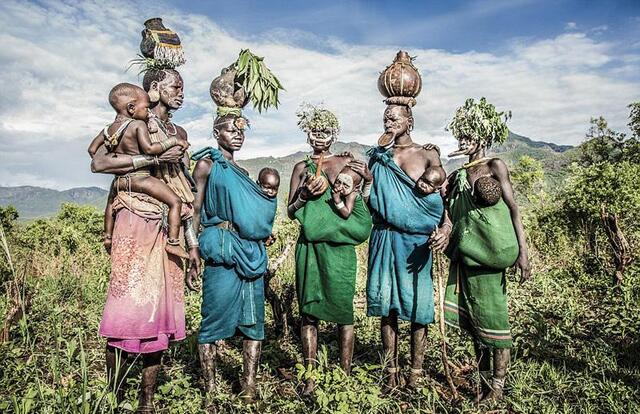
The concept of modern cannibal tribes is largely a myth. While there are occasional reports of isolated incidents, no known tribes actively practice cannibalism today. Most of the tribes historically associated with cannibalism have either abandoned the practice or never engaged in it as widely as Western explorers claimed.
Cannibalism in ancient cultures was often tied to specific rituals, religious beliefs, or survival situations (such as famine). As societies evolved and global interactions increased, many of these practices faded away. While stories of cannibal tribes still circulate, they are often based on outdated information or sensationalized accounts.
While certain animals pose a danger to humans and there have been rare instances of them eating people, such events are infrequent and usually tied to human-wildlife conflict or environmental stress. Similarly, the notion of cannibal tribes, while rooted in some historical practices, has largely been exaggerated over time. Most tribes associated with cannibalism no longer engage in the practice, and modern-day cannibalism is virtually non-existent.
For anyone fascinated by these topics, it’s important to approach the subject with a critical mind and differentiate between myth and reality. As the world becomes more connected, many of these ancient fears and practices have disappeared or evolved, leaving behind only the stories.
animal tags: Wolve Bear Shark Crocodile Tiger Lion
We created this article in conjunction with AI technology, then made sure it was fact-checked and edited by a Animals Top editor.